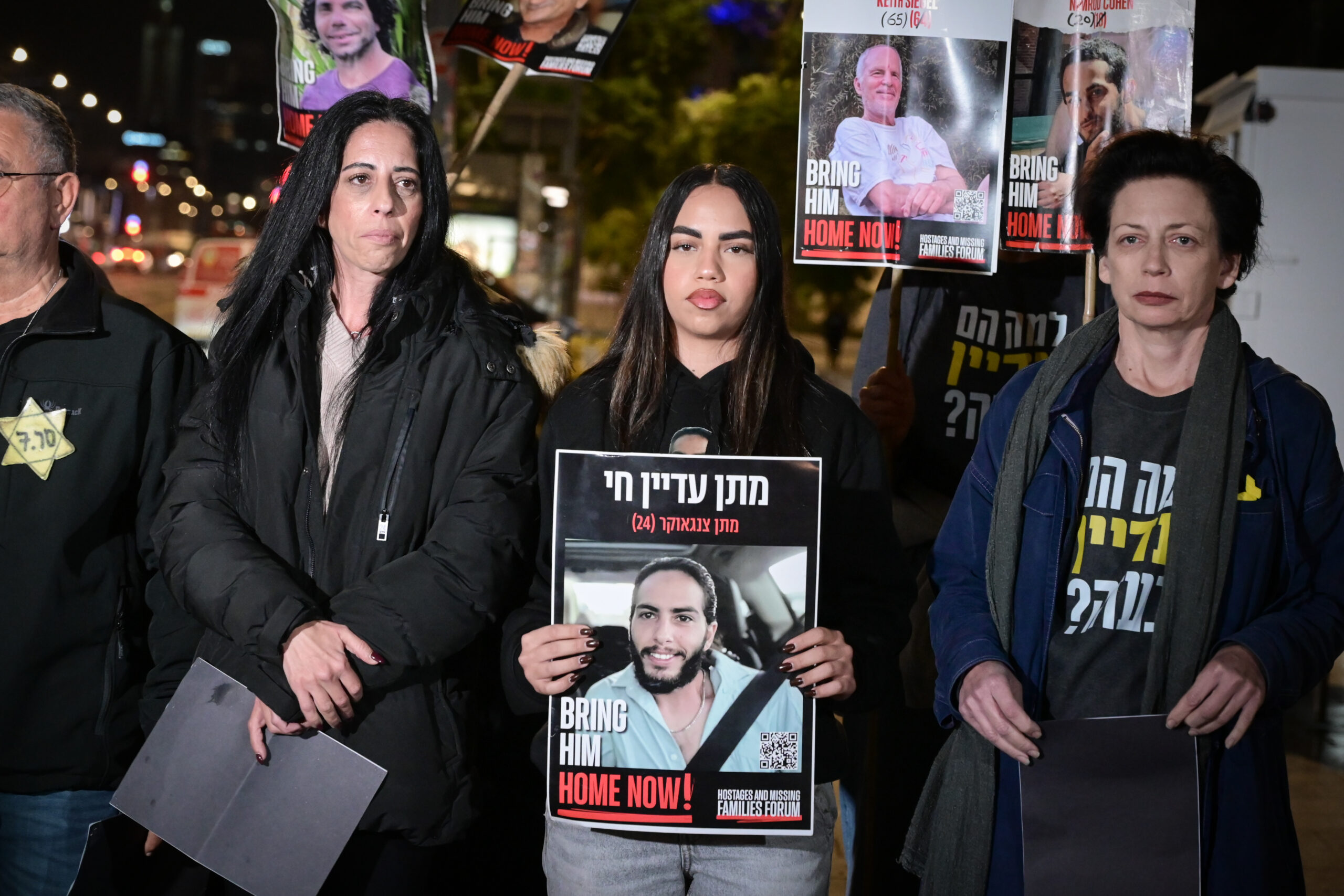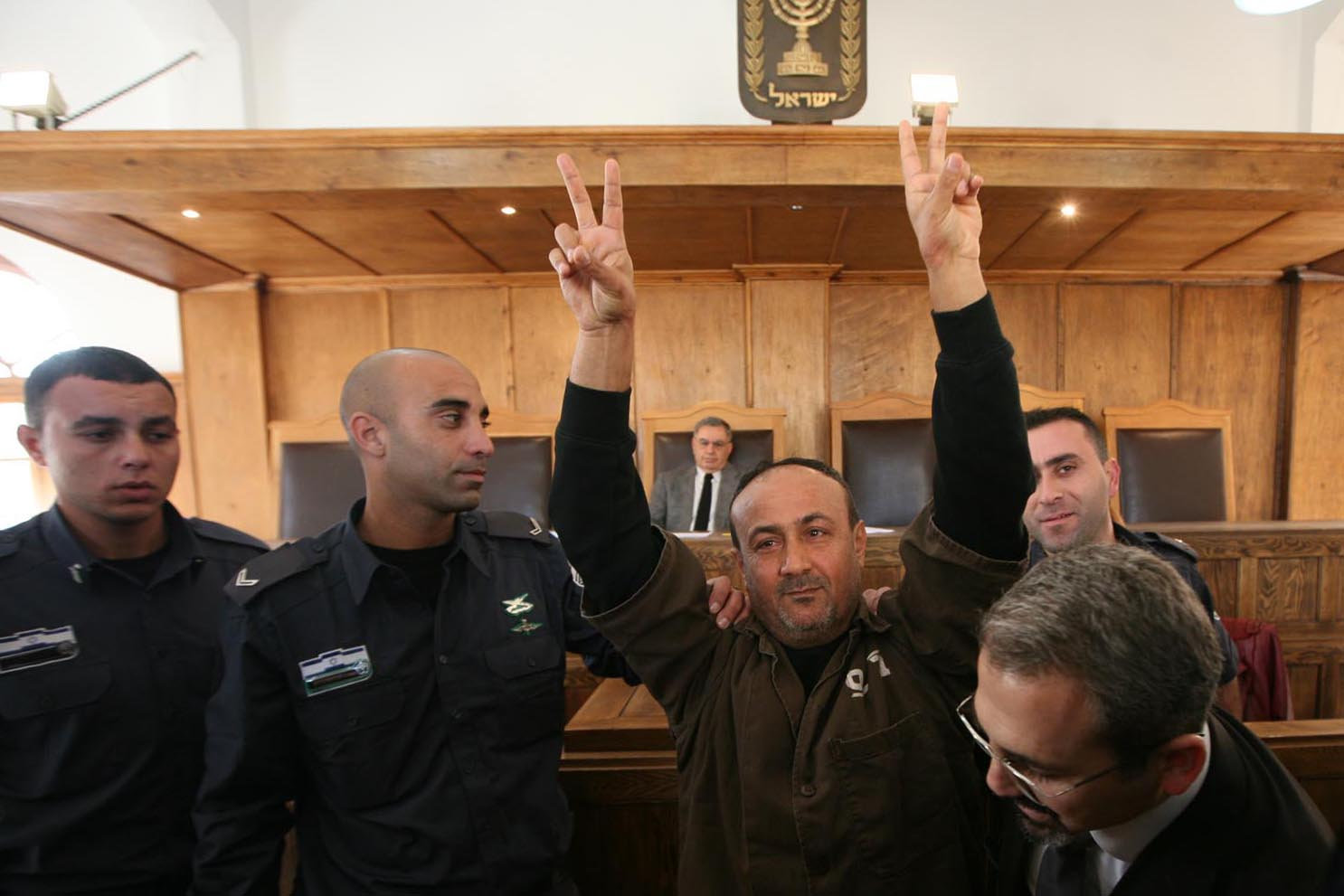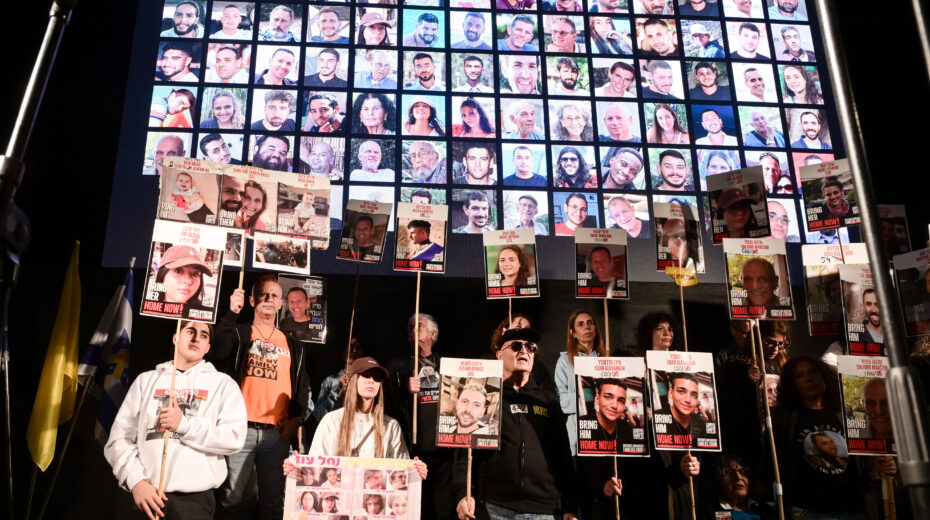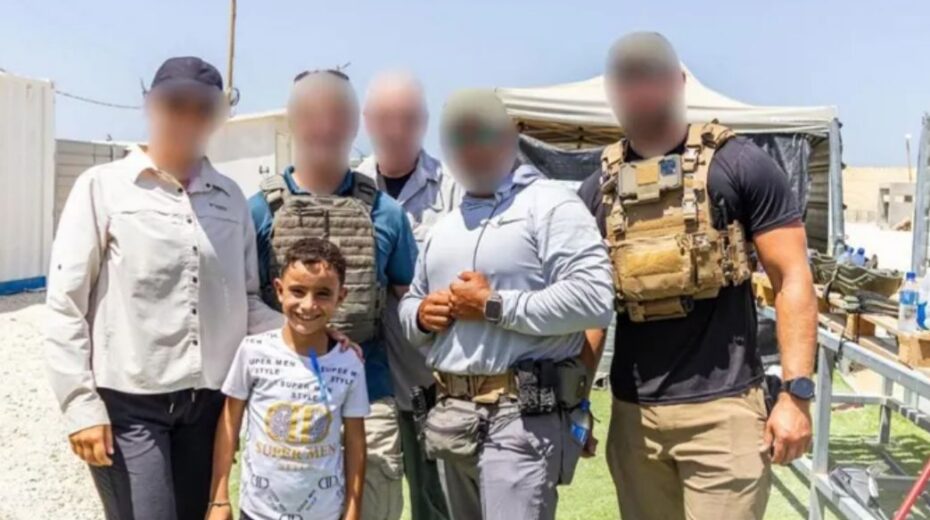In Israel, there is talk of progress in the hostage exchange negotiations, which are continuing in Qatar. “Both sides want the deal and there is goodwill,” said an Israeli source familiar with the details. However, there are still significant differences on various issues that stand in the way of an agreement.
Hamas has presented a list of prisoners whose release it is demanding. The list is currently being discussed – including vetoes against the release of some and demands that others be deported to a third country. At the same time, however, contrary to what was reported last week, Hamas has not yet presented a list with the names of the hostages who are still alive.
According to the plan that is emerging and has been discussed for months, there is agreement that of the approximately 50 hostages who are known to be still alive, women (including female soldiers), children and men over 50 will be released under the humanitarian agreement. Hamas considers all men under 50 to be “soldiers”, although only a small proportion of them were on active military duty at the time of the kidnapping. The biggest point of contention between the parties is the question of which of these men are considered sick and thus included in the humanitarian agreement, and who may yet stay behind.
Another key issue is the cessation of hostilities. In an interview with the Wall Street Journal published on Friday, Prime Minister Benjamin Netanyahu said he would not accept a hostage agreement that would end the war against Hamas. “I will not end the war until we have eliminated Hamas. We will not let them stay in power in Gaza,” he stressed. These comments sparked anger among the hostages’ families. Einav Zangauker said: “Netanyahu wants to seal the death of Matan. There are also fears among the negotiators that Netanyahu’s comments, even if they were made earlier, could block the negotiations.

Meanwhile, sources told Egyptian broadcaster Al-Rad yesterday that the first step of the agreement will be the release of 250 Palestinian prisoners. Israel has presented a list of 34 hostages whose release it demands in the first phase – including 11 who do not meet the criteria for this phase. Hamas has agreed to release these hostages, but is demanding special compensation. According to these reports, negotiations are progressing in all areas, including the Rafah crossing, the Israeli withdrawal from Netzarim and the return of the displaced.
At the same time, a senior Palestinian official told the BBC that “90 percent” of the negotiations have been completed, but some key issues remain unresolved. One of the issues discussed in Doha was the establishment of a “buffer zone” along the Israel-Gaza border, which Israel has been preparing for months. The Palestinian representative mentioned that Israel may maintain a military presence in the zone, but that there is still disagreement over control of the Philadelphi Corridor.
In an interview with the BBC, it was said that the first phase would also see the release of abducted female soldiers, in return for which Israel would release 20 Palestinian prisoners. No agreement has yet been reached on the names of the prisoners to be released, but the list includes around 400 people who have been sentenced to at least 25 years in prison. The return of refugees to the north of the Gaza Strip will take place under Egyptian-Qatari supervision, and humanitarian aid to Gaza will be increased to 500 trucks per day.
The first phase of the plan does not envisage a complete withdrawal of the IDF, but Hamas is insisting on guarantees that the war will end. Should the agreement move to a second phase – the end of the war, according to the original plan in May – young men and soldiers are to be released. The third phase will involve the release of bodies.
Israel’s demand for an end to Hamas rule in Gaza, as stressed by Netanyahu, could, however, jeopardize Hamas’s agreement to a small deal, as Hamas knows that Israel could return to fighting after the humanitarian phase.
One of the key questions remains the identity of the prisoners to be released. Hamas has presented a list that includes high-ranking figures such as Marwan Barghouti, a former Tanzim leader serving five life sentences, and Ahmad Sa’adat, a former PFLP secretary general. According to Hamas, both will be offered exile. Their wives have not expressed any objection to being released to Turkey. However, Israel denies Barghouti’s release. An Israeli government official stressed: “Contrary to false reports, the terrorist Marwan Barghouti will not be released.”

Israel expects Hamas to agree to the expulsion of a significant number of prisoners, but it is unclear whether Hamas will agree to this. Possible countries of exile are under discussion, such as Turkey, Qatar or another Muslim country.
Israel’s main goal is still to release as many live hostages as possible in the first phase, while Hamas is prepared to release fewer live hostages but make up the difference by handing over bodies. Another point of contention is Israel’s demand for a “list of all living and dead hostages.” Hamas claims this will only be possible after a ceasefire of at least a week.














